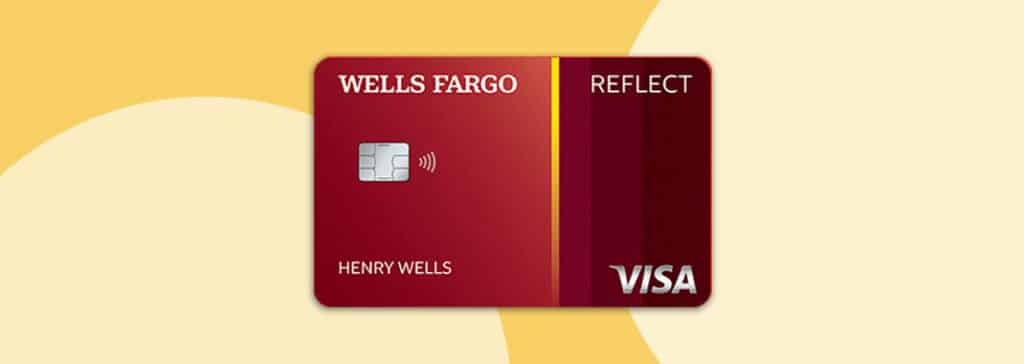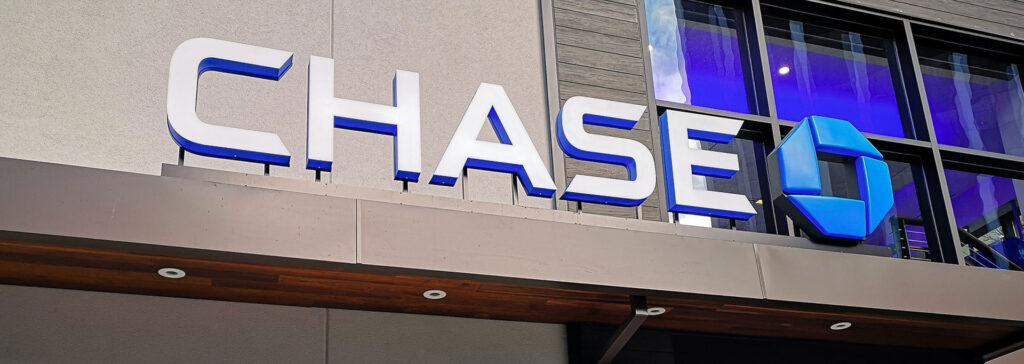Most products on this page are from partners who may compensate us. This may influence which products we write about and where and how they appear on the page. However, opinions expressed here are the author's alone, not those of any bank, credit card issuer, airline or hotel chain. This page may include information about American Express products currently unavailable on Slickdeals. American Express is not a partner of Slickdeals.
When your credit card has a balance, your credit card issuer expects you to make a payment on the account each month. As long as you pay at least the minimum amount owed by the due date, you can protect your credit from late payments and the credit score damage that can accompany this credit card mistake.
Yet there's a credit score hack you might not be aware of where credit card payments are concerned. If you make multiple credit card payments per month, it might be possible to give your credit score an added boost. We'll explain how that works and why it might be a good idea moving forward.
How Many Times Can I Pay My Credit Card in a Month?
There is no limit to how many times you can pay your credit card balance in a single month. But making more frequent payments within a month can help lower the overall balance reported to credit bureaus and reduce your credit utilization, which in turn positively impacts your credit.
If you have a tendency to make late payments, making weekly or biweekly payments can also help to lower your overall interest charges.
How Credit Card Balances Are Reported in Credit Reports
Most credit card issuers share a snapshot of your account information with the credit bureaus only once a month. The details they share are generally the same details that appear on your credit card statement (e.g., balance and payment status). When you make new charges and additional payments in between your monthly statement closing dates, this activity may not be reported to the credit bureaus or show up in your credit reports until the next cycle.
Recommended Credit Cards
| Credit Card | Name | Rewards Rate | Annual Fee | Sign-Up Bonus | Apply |
|---|---|---|---|---|---|
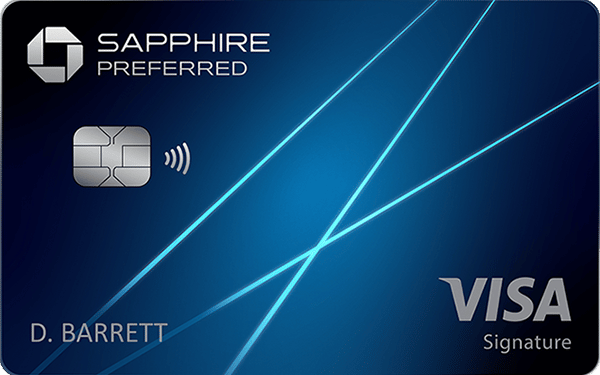
|
Chase Sapphire Preferred® |
1x- 5x points Earn 5x points per dollar on travel booked through Chase Ultimate Rewards, 3x on dining, and 3x on select streaming services and online grocery purchases (excluding Target, Walmart and wholesale clubs). Earn 2x on other travel spending and 1x everywhere else. |
$95 |
60,000 bonus points Earn 60,000 bonus points after you spend $4,000 on purchases in the first 3 months from account opening. |
Apply |
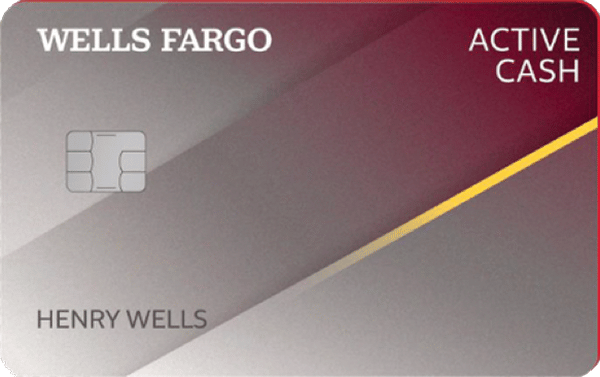
|
Wells Fargo Active Cash® Card
|
2% cash back Earn unlimited 2% cash rewards on purchases. |
$0 |
$200 Earn a $200 cash rewards bonus after spending $500 in purchases in the first 3 months. |
Apply |
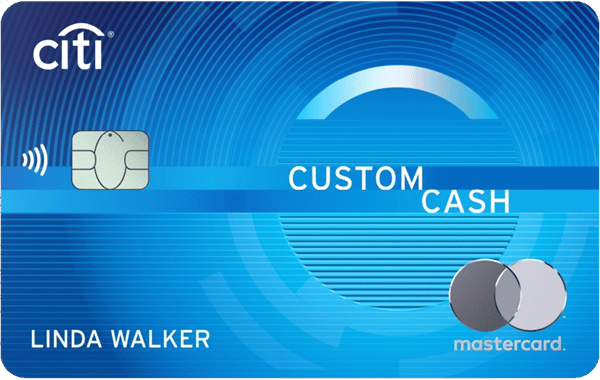
|
Citi Custom Cash® Card
|
1%-5% cash back Earn 5% cash back on purchases in your top eligible spend category each billing cycle, up to the first $500 spent, 1% cash back thereafter. Also, earn unlimited 1% cash back on all other purchases. |
$0 |
$200 Earn $200 in cash back after you spend $1500 on purchases in the first 6 months of account opening. This bonus offer will be fulfilled as 20,000 ThankYou® points, which can be redeemed for $200 cash back. |
Apply |
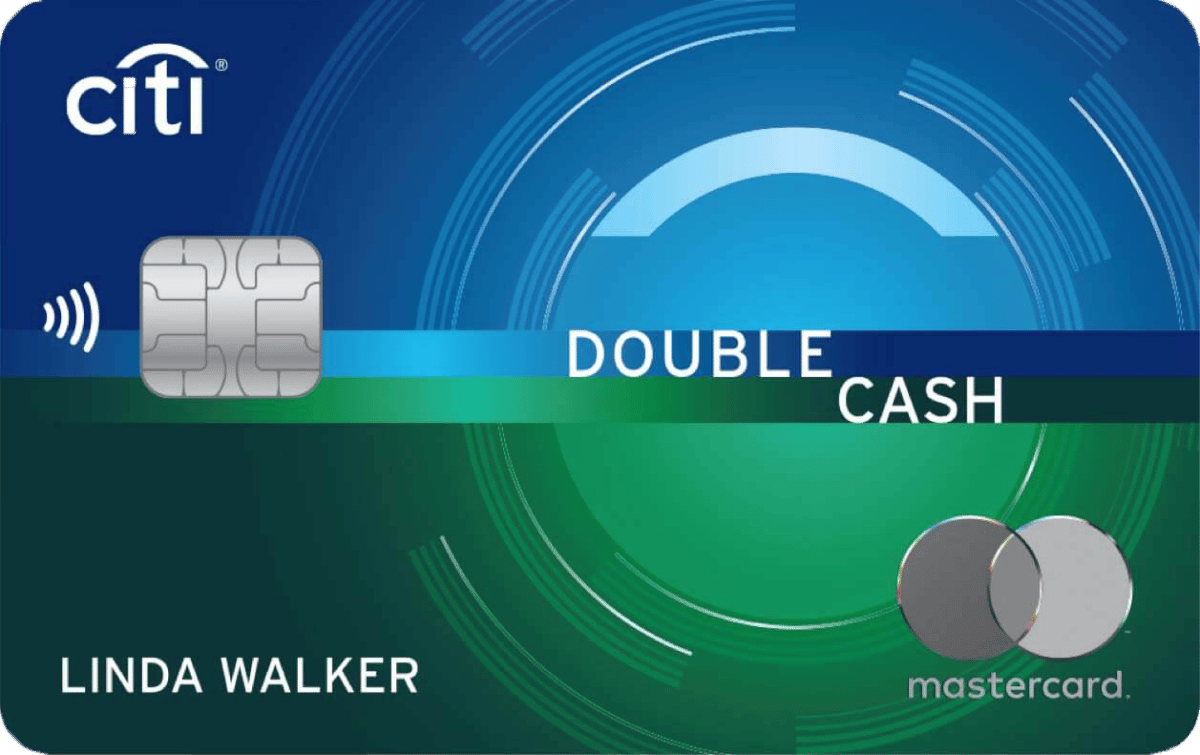
|
Citi® Double Cash Card
|
2% cash back Earn 2% on every purchase with unlimited 1% cash back when you buy, plus an additional 1% as you pay for those purchases. |
$0 |
N/A |
Apply |
|
|
card_name |
2X-5X Points |
$0 |
bonus_miles |
Learn More |
How Once-a-Month Reporting Impacts Your Credit Score
When a credit scoring model calculates your credit score, one factor it considers is your credit utilization rate. Credit utilization, or the percentage of your credit limit that's in use, is a key detail that influences 30% of your FICO® Score.
If you keep your credit card balance low, you maintain a low credit utilization rate, which positively affects your credit score. But the fact that most card issuers report account details to the credit bureaus just once a month could work against you, even if you pay your balance in full every month.
Here's an example of what might happen behind the scenes if you charge $2,500 on a paid-off credit card with a $5,000 limit:
- You receive a statement. When the current billing cycle ends, your card issuer creates a new statement and sends you a copy.
- Your balance is reported to credit bureaus. The card issuer updates your account details, including your statement balance of $2,500, with the credit bureaus.
- Credit bureaus update your credit report. A $2,500 balance appears on your credit report. (Your credit utilization rate is now 50% according to your credit report.)
- You pay your balance in full. You pay your full account balance by the due date to avoid interest and protect your credit score.
- Credit report will only be updated next month. The balance on your credit report does not update until the following month, either on or shortly after your next statement closing date.
In the scenario above, the real-time utilization rate on your credit card would be 0% after paying off your balance. But your credit report would still show 50% utilization until the next monthly update, and your credit score might suffer as a result.
Why Paying Your Balance Multiple Times a Month Can Help Your Credit Score
Paying your credit card more than once a month has the potential to help your credit score because it reduces your overall credit utilization rate. Note that credit scoring models don't reward you for making multiple payments. In fact, the number of times you pay a credit card per month doesn't appear on your credit report at all.
Let's circle back to the scenario above for a deeper look at how the multiple-payment strategy works:
- Instead of waiting to pay your credit card bill on the due date, you bring the account balance down to $0 each week.
- When the credit card company creates your statement for the month, your balance is considerably lower (perhaps even $0 if you pay off the outstanding balance right before the statement closing date).
- This lower (or $0) statement balance will be reported to the credit bureaus.
- Your credit report will show you are spending far less than your available credit. This lower credit utilization rate may positively impact your credit score.
As an added bonus, paying your credit card balance several times during the month may make it easier to keep up with your spending. Being aware of how much you've charged on your credit cards is an important aspect of budgeting. And paying off your full statement balance each month can help you avoid paying expensive interest fees.
Quick Tip
You don’t need to carry a balance on your credit cards to build good credit. This credit card myth could cost you a lot of money and damage your credit score at the same time.
Other Ways to Keep Your Credit Utilization Rate Low
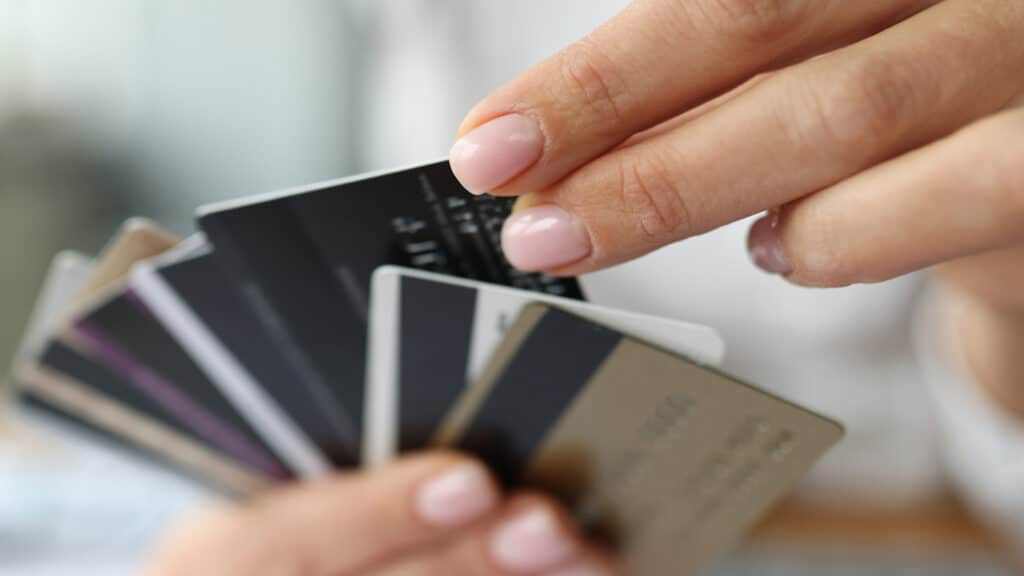
Paying your credit card more than once a month is one possible way to maintain a low credit card utilization rate. But there are other approaches you can try as well.
Consider Multiple Credit Cards
Having multiple credit card accounts could work in your favor where credit utilization is concerned. Credit scoring models, like FICO and VantageScore, consider utilization rates on individual accounts and on all of your credit cards combined. When you have more credit cards, you have more available credit.
If you can discipline yourself to avoid overspending and debt, having several credit cards in your wallet could make it easier to keep your overall balance-to-limit ratio low. For example, if you owe $2,500 and your total credit limit (on all credit card accounts) is $5,000, your utilization rate is 50%. But if you owe $2,500 and your total available credit is $10,000, your utilization rate drops to 25%—a better figure where your credit score is concerned.
Many credit cards have sign-up bonuses to entice new cardholders and many cards also have strong cash-back rewards. If you pay off your balance every month, you can use that bonus offer to your advantage.

I Have 20 Credit Cards — This Is How I Keep My Credit Score Above 800
Request a Credit Limit Increase
Another move you can make that might help you keep your overall credit utilization rate lower is asking for credit limit increases from your existing credit card issuers. Having more available credit can be beneficial, as long as you don't use the added credit as an excuse to charge more. If you've received an increase in income or showed a history of responsibly using your card, it may be the right time to ask for a credit limit increase.
Should You Pay Your Credit Card Bill More Than Once a Month?
Paying your credit cards on time and in full each month can help you build good credit. But there's a chance that making multiple credit card payments per month might take your credit score to the next level because it can translate to a lower credit utilization rate on your credit report. Whether you are paying your balance off weekly or multiple times before the due date, keeping a low statement balance and low credit utilization rate is key to building strong credit.
Earn Cash for Your SpendingBest Cash Back Credit Cards
Visit the Marketplace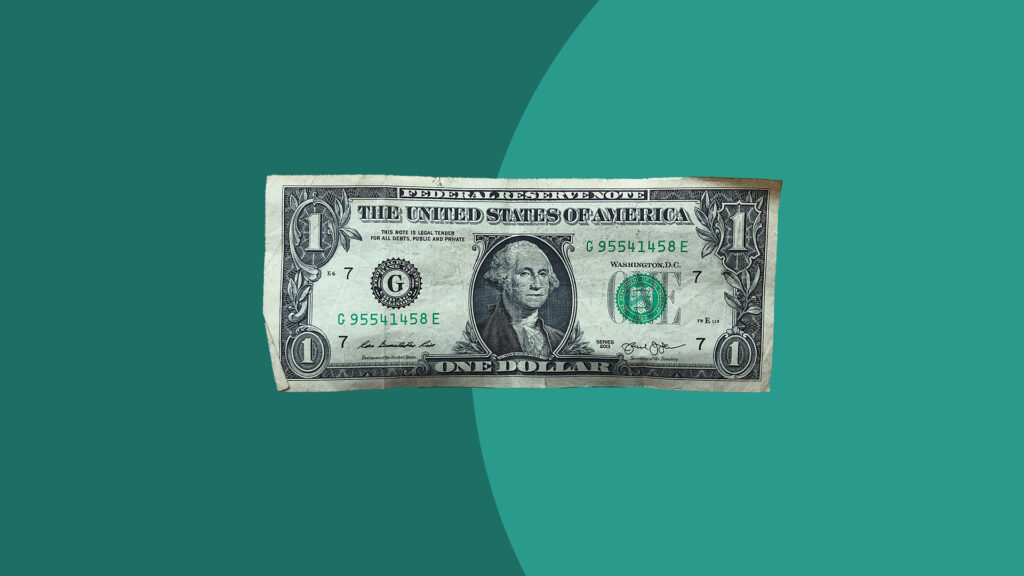
FAQs
-
Yes, making multiple payments each month can contribute to an increase in your credit score because your credit utilization ratio is a factor in your credit score. The impact is usually more prominent in cases where your overall credit limit is very low relative to your monthly purchases.
-
No, there is usually no harm to making multiple payments on a credit card. The only caveat to be aware of is if your linked payment account has a low balance, you run the risk of incurring an overdraft fee if you don't monitor your funds closely.


